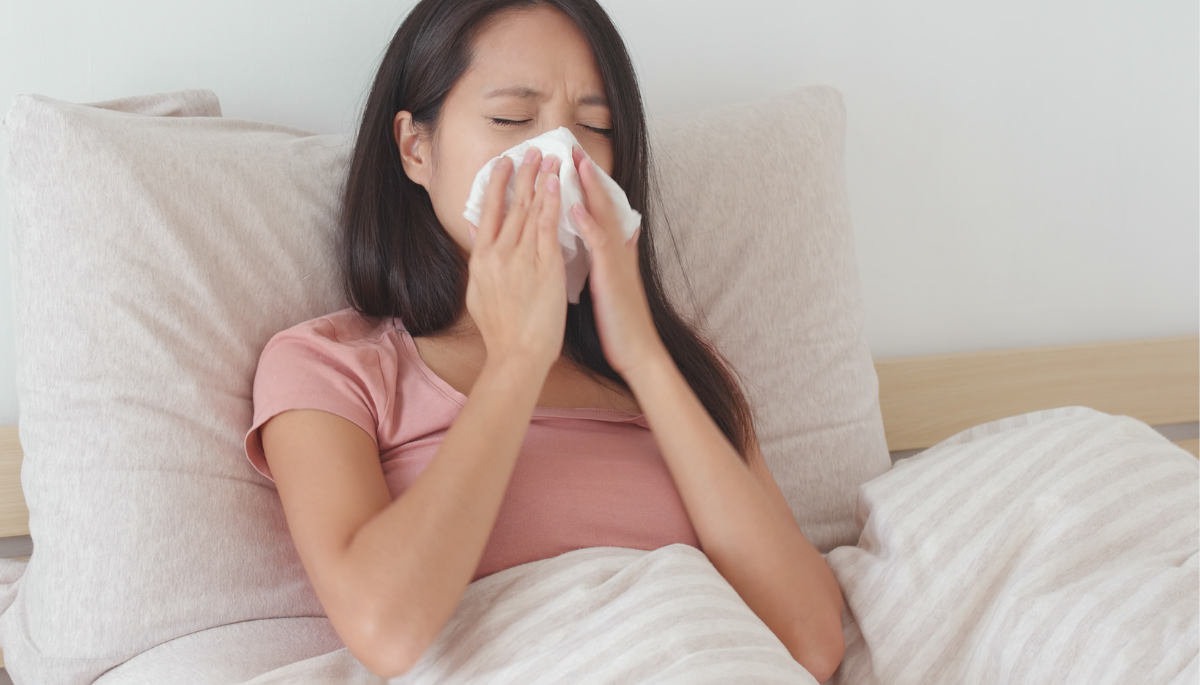Top tips for sleeping during allergy season
As summer approaches, so does allergy season. For many, this time of year brings not only beautiful blossoms but also sneezing, itching, and congestion. Allergies can wreak havoc on sleep, leaving many tossing and turning throughout the night. However, there are ways to mitigate the impact of allergies on your sleep quality. In this blog, we’ll explore some top tips for getting a good night’s rest during allergy season.
Keep Your Bedroom Clean:
One of the most effective ways to combat allergies and improve sleep quality is to keep your bedroom clean. Regularly dust surfaces, vacuum carpets, and wash bedding to remove allergens such as dust mites, pollen, and pet dander. Consider using allergen-proof mattress and pillow covers to create a barrier against these irritants.
Use Air Purifiers:
Invest in a high-quality air purifier to filter out airborne allergens in your bedroom. Look for purifiers with HEPA filters, which can capture particles as small as 0.3 microns. Running an air purifier while you sleep can help reduce allergy symptoms and improve air quality, promoting better sleep.
Manage Humidity Levels:
Maintaining optimal humidity levels in your bedroom can help alleviate allergy symptoms and promote better sleep. Use a dehumidifier to control excess moisture, which can reduce the growth of mould and dust mites. Alternatively, if dry air exacerbates your symptoms, consider using a humidifier to add moisture to the air and ease congestion.
Shower Before Bed:
Taking a shower before bedtime can help remove pollen and other allergens from your skin and hair, preventing them from transferring to your bedding. Additionally, the steam from a warm shower can help clear nasal passages and promote relaxation, making it easier to fall asleep.
Keep Windows Closed:
While it may be tempting to open windows to let in fresh air during the warmer months, doing so can invite allergens into your home. Keep windows closed, especially on high pollen days, to prevent pollen from entering your bedroom and exacerbating allergy symptoms.
Choose Allergy-Friendly Bedding:
Opt for hypoallergenic bedding materials such as bamboo or microfiber, which are less likely to trap allergens than traditional materials like cotton. Wash bedding regularly in hot water to kill dust mites and remove pollen and pet dander.
Consider Allergy Medications:
If your allergy symptoms persist despite these measures, consider talking to your doctor about allergy medications. Antihistamines, nasal sprays, and decongestants can help alleviate symptoms and improve sleep quality during allergy season. However, be sure to follow your doctor’s recommendations and avoid medications that may cause drowsiness during the day.
What mattress should I choose if I suffer from allergies?
Pocket Spring and Memory Foam Hybrid Mattress – Sleep soundly with our soft, quilted cover. Gentle and kind to your skin, this mattress features a soft hypoallergenic cover which improves the breathability and moisture control of your bed & sleeping environment.
Conclusion:
Allergy season doesn’t have to mean sleepless nights. By implementing these top tips, you can create a more allergen-free environment in your bedroom and enjoy a restful night’s sleep despite seasonal allergies. Remember to stay consistent with your allergy management routine and consult with a healthcare professional if your symptoms persist or worsen. With the right strategies in place, you can wake up feeling refreshed and ready to tackle the day, even during the peak of allergy season.









